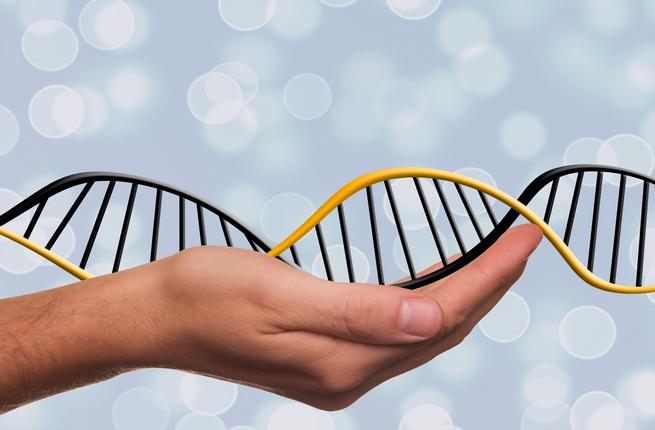Nearly every day, new discoveries are pushing the genetics revolution ever-forward. It’s hard to imagine it’s been only a century and a half since Gregor Mendl experimented with his peas, six decades since Watson and Crick identified the double helix, fourteen years since the completion of the human genome project, and five years since scientists began using CRISPR-cas9 for precision gene editing. Today, these tools are being used in ways that will transform agriculture, animal breeding, healthcare, and ultimately human evolution.
Common practices like in vitro fertilization (IVF) and preimplantation embryo selection make human genetic enhancement possible today. But as we learn more and more about what the genome does, we will be able to make increasingly more informed decisions about which embryos to implant in IVF in the near term and how to manipulate pre-implanted embryos in the longer-term. In our world of exponential scientific advancement, the genetic future will arrive far faster than most people currently understand or are prepared for.
Human genetic science is one of the most important and potentially beneficial advancements of our time, but the monumental health and well-being benefits of these technologies could be overwhelmed by fear, hysteria, and international conflict if a foundation for informed and inclusive public and governmental dialogue is not laid as soon as possible.
